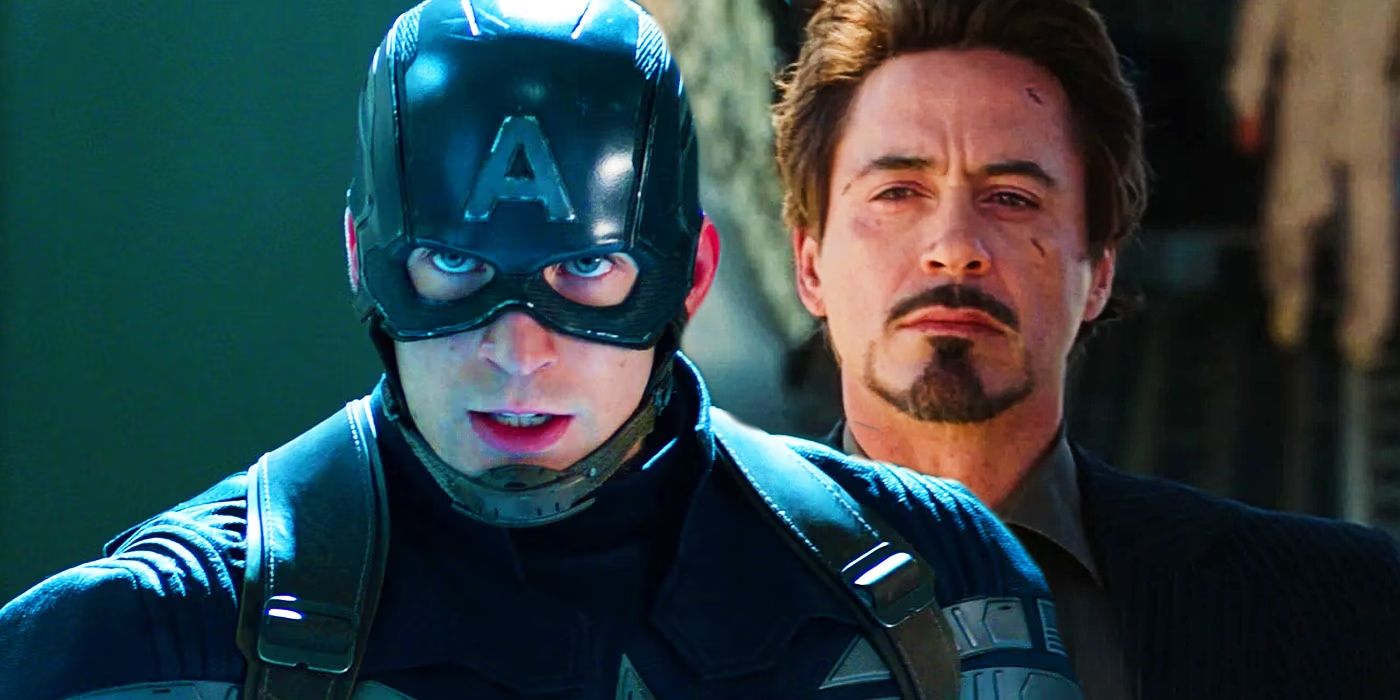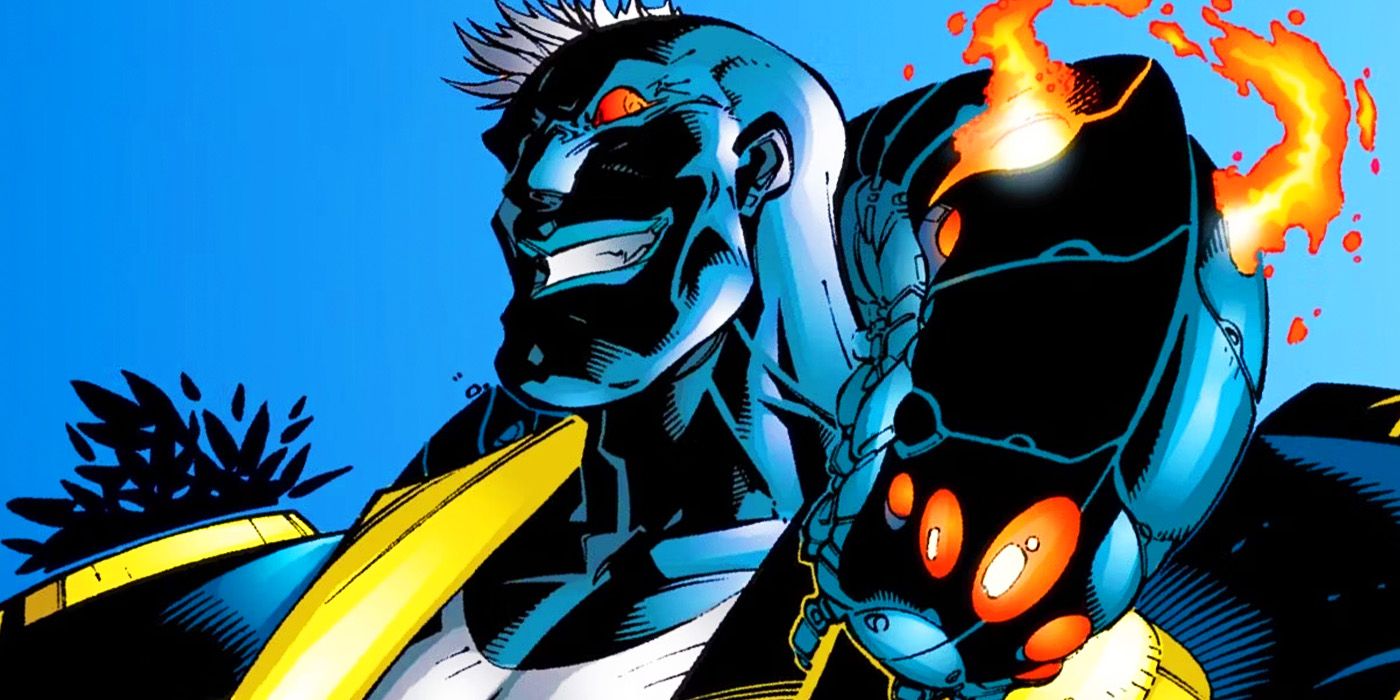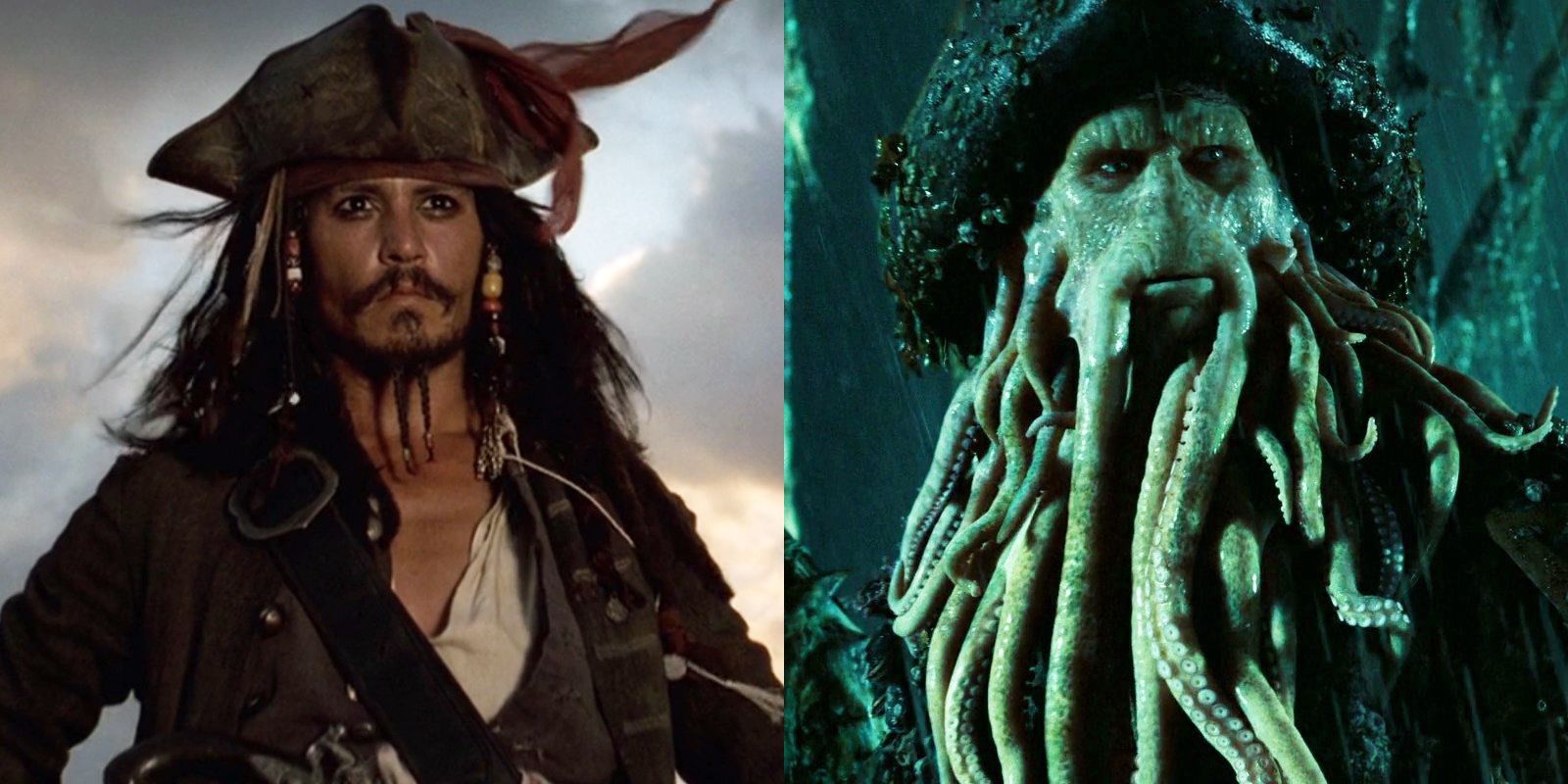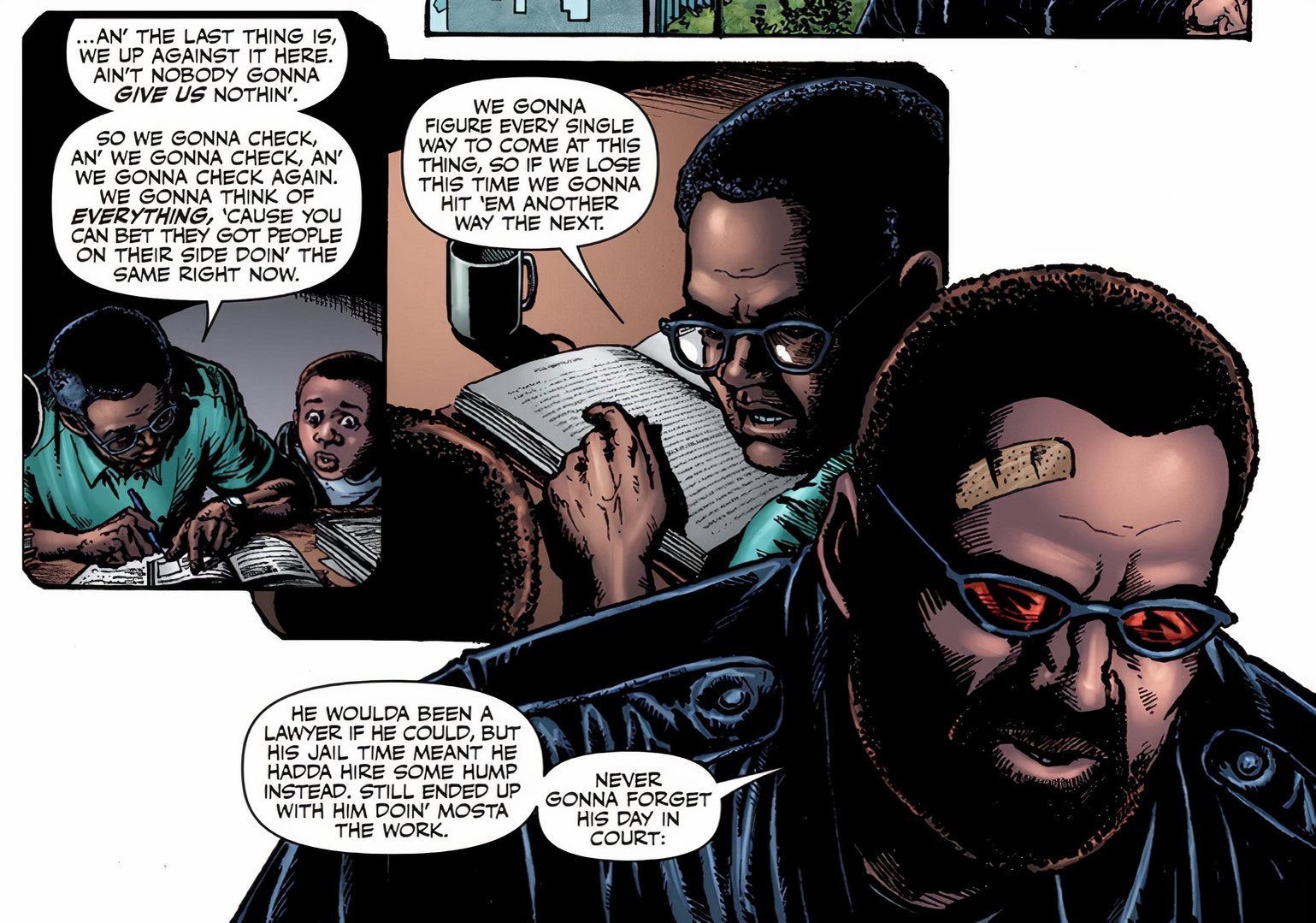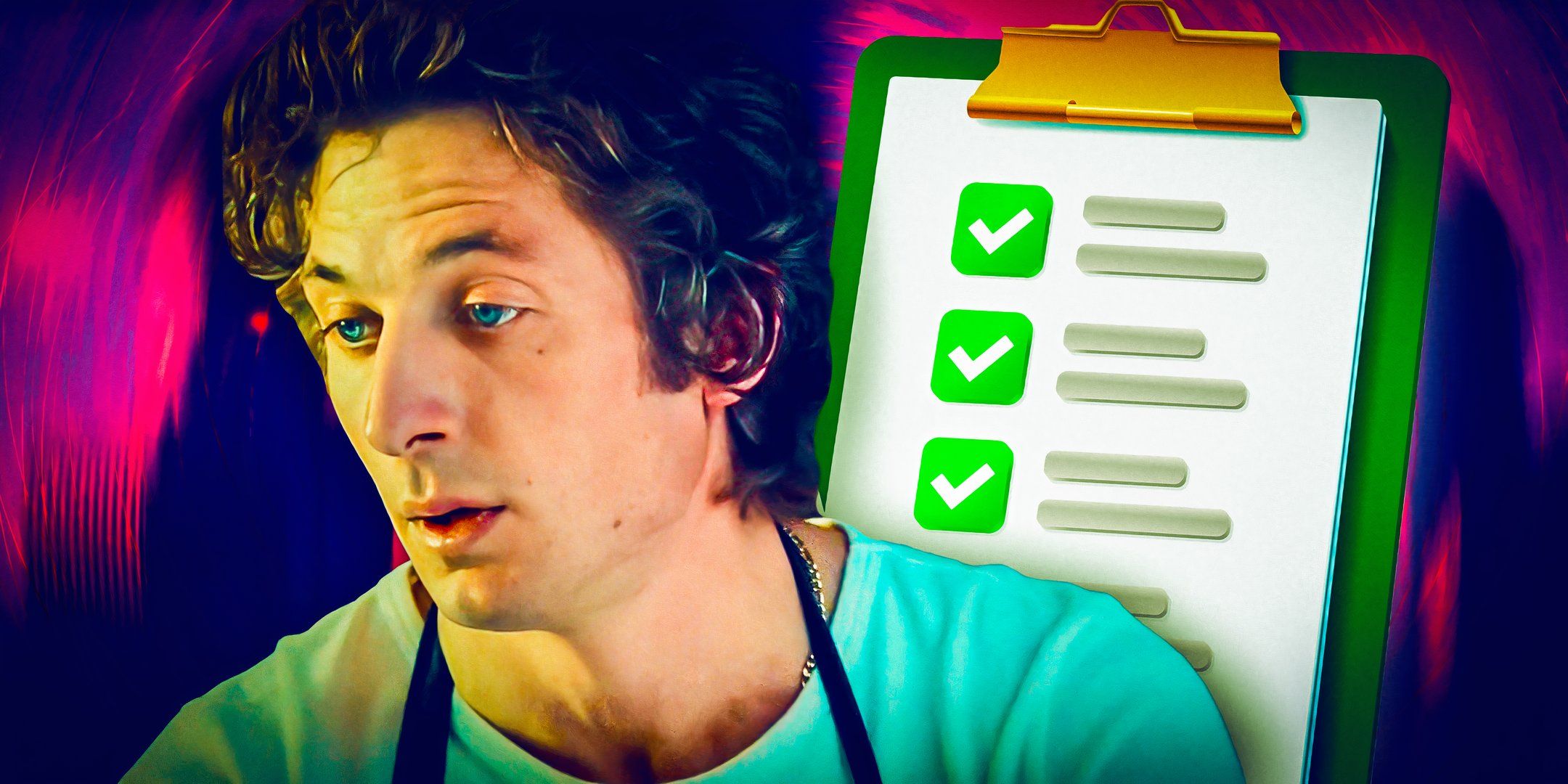Rockstar has revealed little about upcoming features in Grand Theft Auto 6, and it is unclear whether it will implement Red Dead Redemption 2‘s honor system. Considering the Grand Theft Auto series centers around becoming rich and powerful by any means necessary, a morality gauge of some kind would fit perfectly into the series. In GTA 5, once a player loses the police’s attention, they are treated like a normal citizen; this works well with the franchise’s vicariously criminal atmosphere, but actions would hold much more weight if they meaningfully altered the character’s perception in the game’s world.
RDR 2 is the latest installment in Rockstar’s wild west video game series, and its honor system is a formative aspect of Red Dead Redemption 2‘s acclaimed story. Most actions that Arthur Morgan performs move his honor meter toward either heroism or sadism, and though this does not directly impact Arthur’s relationship with law enforcement, it does impact his interactions with NPCs. Characters treat the player differently depending on their moral standing, which allows the system to double as a “reputation” gauge. Certain charitable missions can only be completed by a player with high honor.
The issue with RDR 2‘s morality system- which GTA 6 has the perfect chance to fix- is that actions are not appropriately rewarded. The penalty for killing multiple innocents is fairly steep but can be offset with simple tasks like petting a horse, donating to beggars, and doing chores at the camp. If players stick to RDR 2‘s stranger missions and random encounters rather than free-roam robberies and massacres, the system works a bit better, as every one of the game’s encounters requires an ethically-charged decision on behalf of the player.
GTA 6 Could Perfect RDR 2’s Honor System
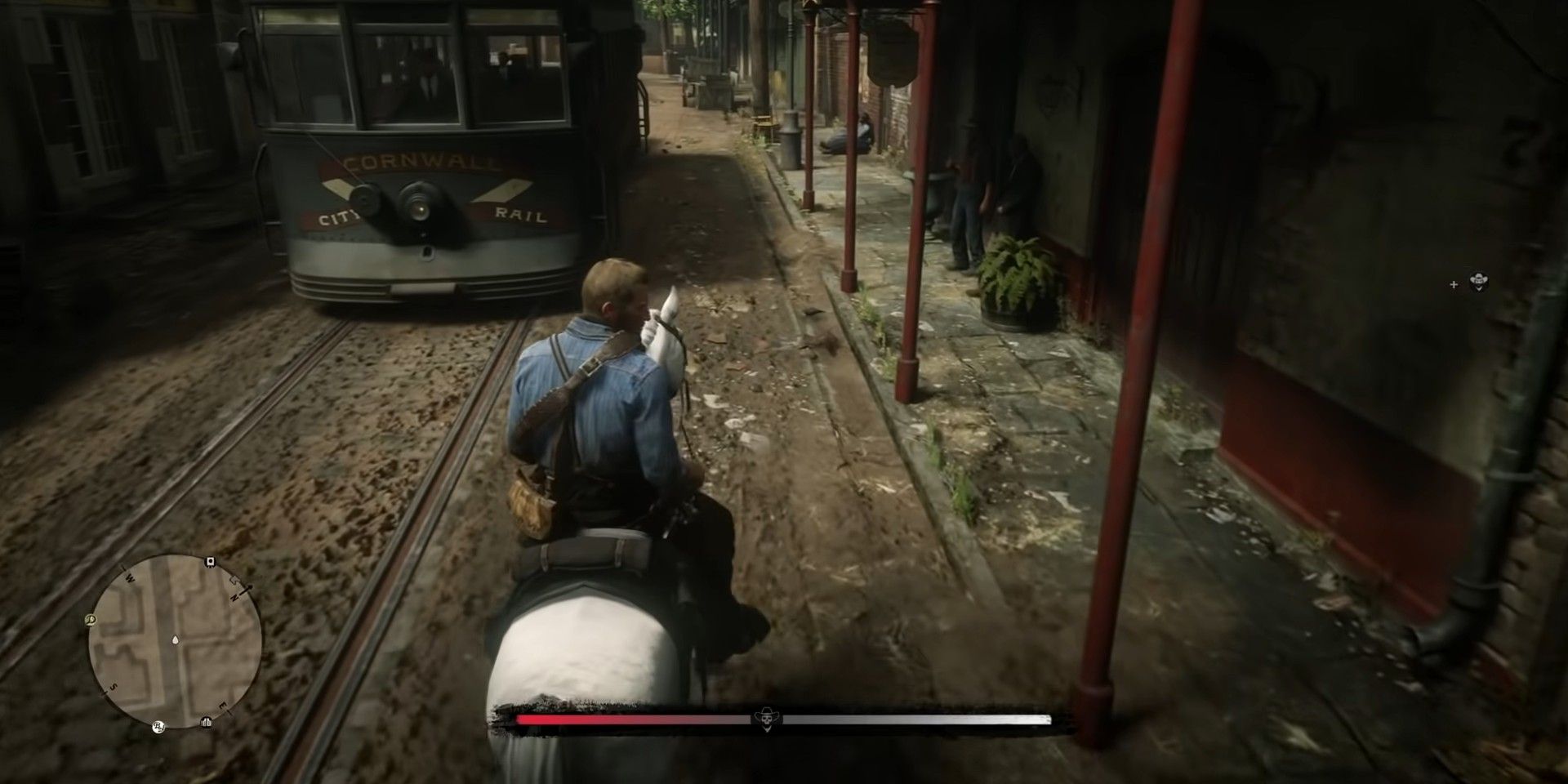
The problem with honor in GTA 6 is that open-world mayhem is far too appealing. If the game incorporated more decision-based optional encounters, it would offset the balance a bit. Including more side missions that involve doing bad things for good reasons would provide a method of grinding honor during the story. Of course, the system should never be perfectly relative, because engaging in high-stakes criminal activity to get rich is too central to GTA‘s brand, but if the game measured “honor” as “loyalty” to the character’s allies, as well as the player’s ethical standing with the world at large, it could fit perfectly with the series’s trademark features.
Like in Red Dead Redemption 2, the honor system could be reflected in dialogue and determine who the character is “deep down” as the story progresses. Stores could lower prices for characters with high honor, while robberies go smoother for characters with low honor; also, considering GTA‘s moral ambiguity, there could be missions that are only available to low honor players as well as high honor players. This function would not replace Grand Theft Auto‘s classic Wanted Level system, but it could influence how fast the Wanted Level increases, and provide yet another connection between GTA and Red Dead Redemption 2. If Grand Theft Auto 6 did improve the honor system, it could be a perfect way to add some more realism to the series and base the player’s story ending on the cumulative effect of all their previous actions.
